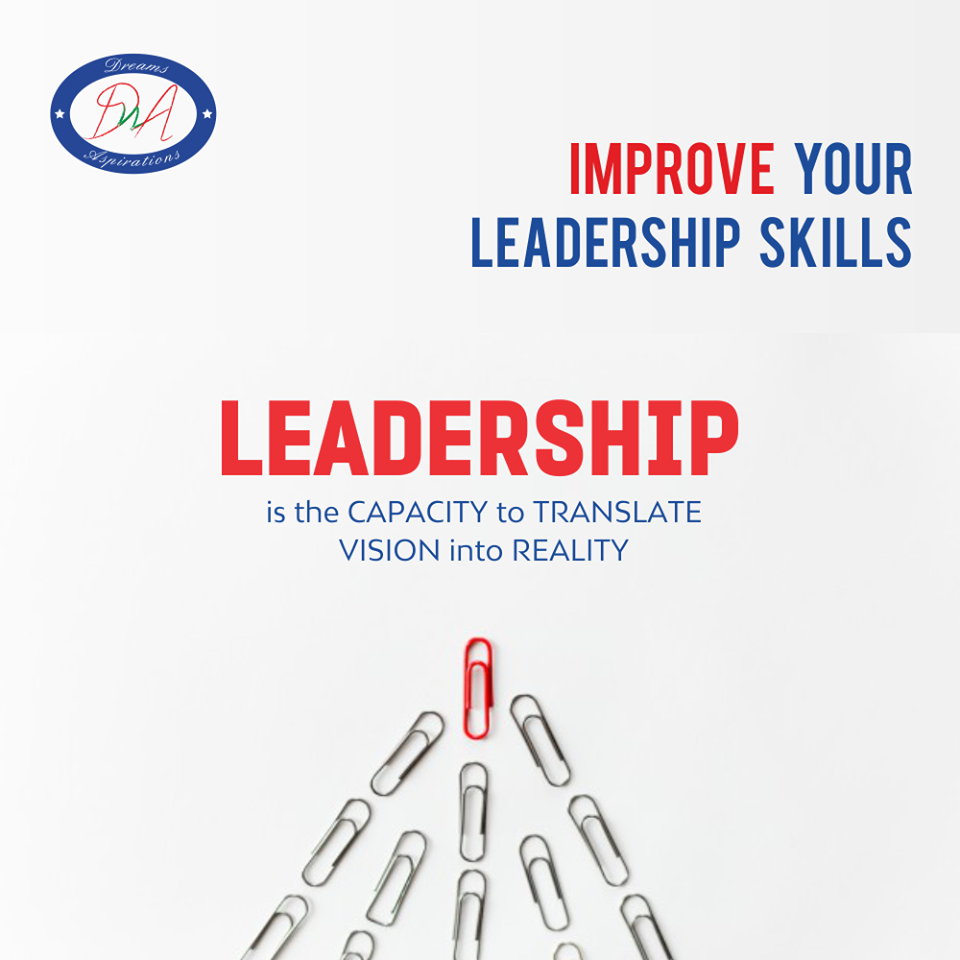Do you know your own IQ? Do you understand what it suggests?
Although the IQ test is really widely used, and the outcomes are practically associated with our concept of intelligence, there has also been a great deal of criticism of the test, and of the method the results are used.
Does having a high IQ score assurance success in later life? No, it doesn’t! It does not even ensure success in school.
A Canadian tv program recently located some of the people with the greatest IQ scores in North America. One guy who has an incredibly high genius IQ works as a motorcycle mechanic, socializes with biker gangs, and is regularly in and out of prison.
Another man talked to on the program has the highest IQ recorded in North America. He has actually worked as a bouncer in a bar for 10 years, earns minimum wage, and lives in a small garage. Clearly, a high IQ is inadequate to ensure success in life.
What IQ tests step is a specific type of capacity. That potential still needs to be established and supported by the individual who has it.
Someone might have a wonderful God-given singing voice, however might have no interest in music, and no desire to perform. Another individual might have the perfect body to be a high jumper, however may hate sports. You can probably think about other examples. Having potential is just a start.
The IQ tests we have now may predict which people have a particular kind of intellectual capacity, however they don’t always forecast who will end up being a good teacher, a good supervisor, a good president, or a great parent. Some critics say that the only thing IQ tests can actually predict is who will do well on IQ tests.
Qualities such as decision and vision can be more crucial to your supreme success in life than the IQ number you started out with. Being creative, positive, and flexible are essential trademarks of numerous successful people. Common sense, the capability to get along with other individuals, and understanding an excellent idea when you see one, might be better qualities than having a genius IQ.
IQ tests measure a certain aspect of intelligence capacity, there isn’t complete contract that what is being determined is actually intelligence. Basic intelligence tests focus a lot on exploring and determining linguistic/logical/mathematical capability. Is that actually the exact same quality as intelligence? Or is intelligence something wider than that?
Some individuals who did improperly in school often turn out to be very successful in later life. Why do our current IQ tests seem not able to forecast or explain these results?
A person might have failed dismally in school, and yet turn out to be a genius in marketing. If a male is a terrific researcher, but can’t ever choose an ideal mate, is he truly extremely clever?
Which of these two guys had more intelligence? Exists more than one sort of intelligence? How should we specify intelligence? Can we really determine it? What is intelligence, actually?
A number of specialists in the field of intelligence have actually proposed that we need to broaden our understanding of what intelligence actually is, and the function it plays in effective living.
Psychologist Howard Gardner of Harvard University has actually recommended that we ought to think about a wide variety of talents and capabilities as legitimate kinds of intelligence. In his intriguing book, “Frames of Mind: Theories of Multiple Intelligences”, Gardner has actually proposed the existence of a minimum of seven kinds of intelligence: verbal-linguistic, logical-mathematical, visual-spatial, musical, bodily-kinesthetic, intra-personal and social-interpersonal.
Another psychologist, Robert Sternberg, has recommended we consider three unique types of intelligence. One type is the capability to think rationally and rationally, doing well in a scholastic kind of environment.
A second kind of intelligence determined by Sternberg is the ability to come up with innovative services to real life situations. And the third type, according to Sternberg, is the ability to psychologically comprehend people and communicate efficiently with them.
A really different perspective on the IQ issue exists by Daniel Goldman in his very popular book, “Emotional Intelligence”. Goldman uses a description for why a high IQ does not constantly result in success in profession or in life. He states that EQ, or psychological intelligence, has been an ignored aspect that is an exceptionally essential ingredient for success in life.
An ability to agree others, to be optimistic, to be identified, are among the lots of elements that contribute to success, perhaps much more than intellectual ability.
Are you starting to realize that intelligence is not simply a concern of one test score number that permanently limits your possibilities? We may be missing other forms of intelligence that are likewise important if we specify intelligence mostly as an aptitude for mathematical and linguistic/logical thinking.
If you happen to understand your own IQ rating, do not think of it as something that restricts or defines your capacity. If your IQ is in the average range it does not in any way indicate you are restricted to a life of typical success and average accomplishment.
If your IQ remains in the above typical variety, it does not ensure you a life of ease. You can’t utilize either a high IQ rating or a low one as an excuse not to try very hard.
Your IQ rating is just a.
Does having a high IQ score warranty success in later life? Clearly, a high IQ is not sufficient to guarantee success in life.
IQ tests measure a certain aspect of intelligence potential, there isn’t complete agreement that what is being determined is really intelligence. A really various perspective on the IQ issue is presented by Daniel Goldman in his best-selling book, “Emotional Intelligence”. Goldman provides a description for why a high IQ does not constantly lead to success in profession or in life.
Posted Date: 03-06-2022
























